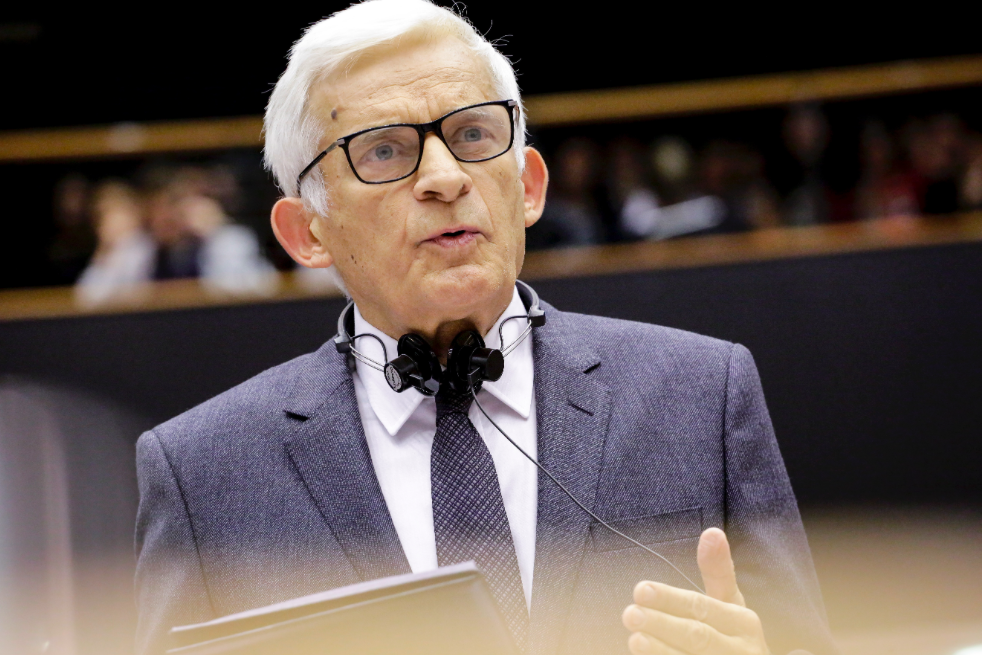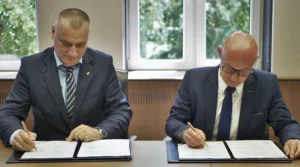What goes on in Poland on the 19th of February.
Buzek: The new European Bauhaus is a recipe for green cities
In an interview with BiznesAlert.pl, prof. Jerzy Buzek, former Prime Minister and President of the European Parliament, currently a member of the Committee on Industry, Research and Energy (ITRE) in the European Parliament, explains the assumptions of the new European Bauhaus.
„The main goal of this project – presented by the President of the European Commission, Ursula von der Leyen, in her September State of the European Union speech – is to change the way we build, plan and think about urban space. The idea is to implement the European Green Deal in this area as well, to make our cities greener, environmentally- and climate-friendly, so that we can breathe smog-free air, so that the cities and regions that still rely on coal – such as Silesia or Zagłębie – heal “wounds” caused by mining, revitalize post-mining and post-industrial areas, and give them back to residents and nature. It is also about making our homes greener and more resource-efficient. Wherever possible we need to generate electricity for private use, and heat our houses in a clean and emission-free way. All this needs to look aesthetically and has to be well-designed. However, the key to success is affordability and availability to as many people as possible. The third bit is innovation and investments,” Jerzy Buzek said in an interview with BiznesAlert.pl.
„We have here, above all, the “Renovation Wave” – one of the first strategies prepared under the Green Deal. This is no coincidence – the modernization of buildings has great potential in achieving the main goals of the European Green Deal: economic development, creating attractive jobs and ensuring climate protection. Almost 95 percent of the existing buildings in the EU today will still be in use in 2050, and as much as 75 percent of them are energy inefficient. Buildings are responsible for 40 percent of energy consumption and 36 percent of CO2 emissions. The pace of their renovation will have to be doubled for the EU to meet the target of at least 55 percent reduction in CO2 emissions by 2030. This is good news, for example, for the EU construction sector, which generates 9 percent of the GDP, employs 18 million people and whose supply chain is mostly located in Europe,” Buzek explained.









